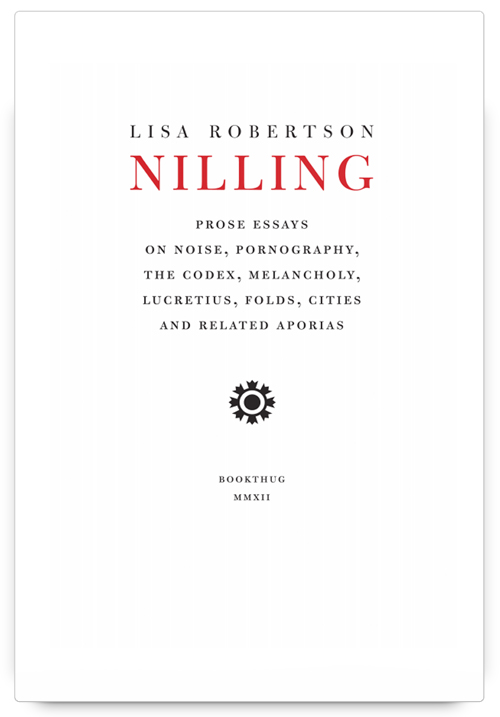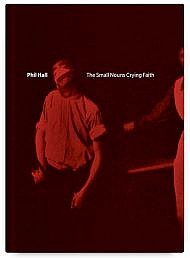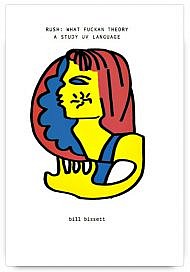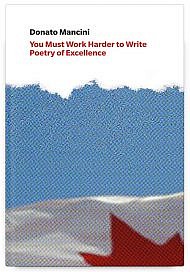Simply use code BOXINGWEEK24 at checkout to save.
Lisa Robertson wins the inaugural $40, 000 C.D. Wright Award for Poetry
I have tried to make a sketch or a model in several dimensions of the potency of Arendt’s idea of invisibility, the necessary inconspicuousness of thinking and reading, and the ambivalently joyous and knotted agency to be found there. Just beneath the surface of the phonemes, a gendered name rhythmically explodes into a founding variousness. And then the strictures of the text assert again themselves. I want to claim for this inconspicuousness a transformational agency that runs counter to the teleology of readerly intention. Syllables might call to gods who do and don’t exist. That is, they appear in the text’s absences and densities as a motile graphic and phonemic force that abnegates its own necessity. Overwhelmingly in my submission to reading’s supple snare, I feel love.
Nilling is a sequence of six loosely linked prose essays about noise, pornography, the codex, melancholy, Lucretius, folds, cities and related aporias. In short, these are essays on reading. Lisa Robertson applies an acute eye to the subject of reading and writing—two elemental forces that, she suggests, cannot be separated.
For Robertson, a book is an intimacy, and with keen and insightful language, the essays in Nilling build into a lively yet close conversation with Robertson’s “masters”: past writers, philosophers, and idealists who have guided her reading and writing practice.
If “a reader is a beginner,” then even regular readers of Robertson’s kind of deep thinking will delight in the infinite folding together of concepts that on their own may seem banal, but in their twisting intertextuality, make for a scintillating study of reading as a deep engagement.
Audio Files
Callings
City Walls
Decorative Work
Edge Dwellers
Interiors
Old Signs
Transport
Press Coverage:
“I felt myself hypnotically inducted into the whirling galaxy of this book, one of whose foci, indeed, is the mechanism (although that is too cold a word)—the miracle, really—of reading …. I should have been a proper scholar, I think ruefully, reading this.” — Nada Gordon
“It is poetry where there is still the possibility of imagining language differently, and it is by reading that we bring the possibility of that freedom into our lives. The practice of reading she has spent the book developing, sometimes subtly, indirectly and sometimes overtly, finds its reason here… In these pages it becomes a practice of profound openness. It is, first of all, a disciplined putting aside of the self, and the act of reading a way of allowing something else to settle into its place. This is the openness. It is an intimacy, an act of allowing another’s language to settle deep inside you, to mingle with your most delicate parts.” —Alan Reed for Lemon Hound
“As we’ve come to expect, Robertson’s language is luxuriously lyrical and a pure pleasure to read, regardless of what she has to say … But there are real depths of thought here—form and content never leave each other for too long in this dance—and there is a wonderfully idiosyncratic drift in the direction of Robertson’s argument that does indeed read more like a novel than most essays we are used to now.” —Stephen Collis, Jacket 2
“Robertson’s essays describe an act of reading, deep and complex, through a variety of subjects, and describe that reading, much like visual art, writing or architecture, can’t exist in any way but as response.” —rob mclennan
“Scan the pages and your vocabulary puffs up with delight. You realize how pale poetry can be. You realize you are starved. You remember too that to create you need to be inspired. You need to have ideas. You need to tap in to the thrum of intellectual desires as much as experience the physical, note the bodily sensations … It represents a possible future. It offers a deep respect for the present. It honours me with doubt.” —Sina Queyras, The Poetry Foundation
“Robertson reminds us of the many worlds of thought we are free to wander, and draws our attention to the potential for discovery by more fully inhabiting the imagination. She confirms by example that another world is possible, demonstrating how her mind ‘moves in the thickness of what has been banished from identity: it moves in noise.'” —Krystal Languell, The Poetry Project Newsletter
What does the essay do? —The Times Literary Supplement
Lisa Robertson and Aisha Sasha John: In conversation
Andy Fitch with Lisa Robertson
An Interview with Lisa Robertson
Lisa Robertson lives in the Vienne region of France. Her most recent books of poetry are Lisa Robertson’s Magenta Soul Whip, which was selected by the New York Times as one of the 100 best books of 2010, and R’s Boat, shortlisted for The Believer’s 2011 Poetry award. In 2006, BookThug published The Men.
Additional information
| Weight | .15 kg |
|---|---|
| Dimensions | 6 × .5 × 9 in |






